Publications
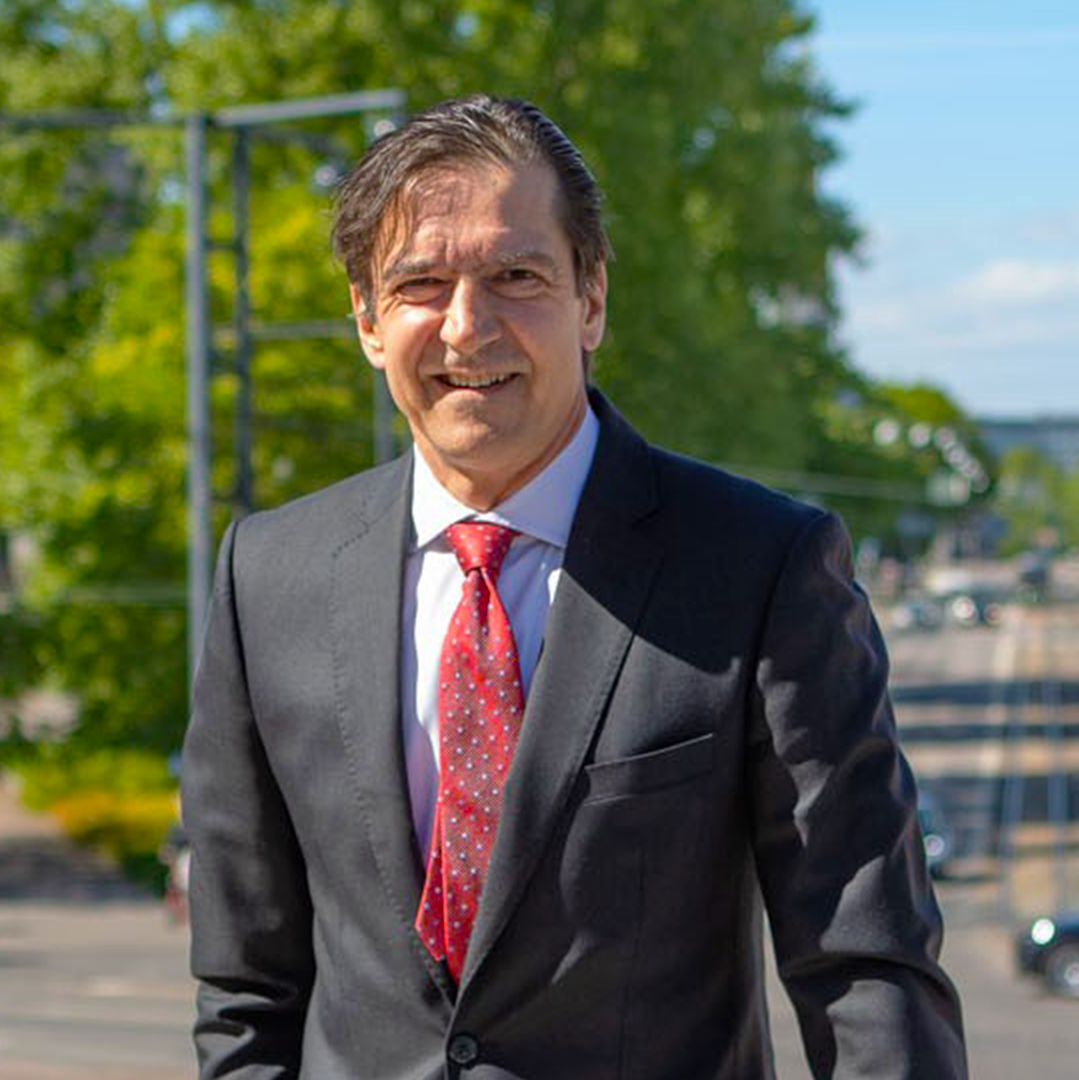
Kai Sauer – Made in Finland: A Very Finnish Road to NATO
Kai Sauer, Under-Secretary of State for Foreign and Security Policy at the Ministry for Foreign Affairs of Finland
– For many Finnish diplomats, the beginning of August means “back to school”. Summer is officially over. Goodbye lakeside, smoke sauna and mosquitoes. This is something that our EU membership did not completely alter: Finns still prefer their holidays to start after midsummer and finish in early August – when the rest of the world is switching off. Good for us. We get a head start into the new season, which promises to be more challenging than has rarely been seen before.
Some twenty years ago, in an antique shop in Ystad, Southern Sweden, I found this commemorative plate of the Nordic meeting in Stockholm, held on 18-19 October 1939. This was a ”meeting of the kings” (kungamötet), of three kings and one president, just a month and a half before the Soviet Union attacked Finland. In Stockholm, the leaders discussed their continued determination to uphold their neutrality in an increasingly dangerous and volatile European security environment, promising to work in close cooperation with each other to ensure the self-determination of their countries.
To me, this plate was a reminder that things can easily shift from bad to worse, and that expressions of political sympathy are, well, nice gestures. This plate – which cost maybe 7 euros – accompanied me for nearly two decades, until somebody knocked it off its stand in my New York office and it broke beyond repair. Nobody has ever confessed to the crime.
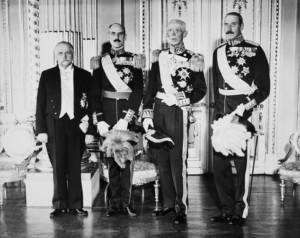
President Kyösti Kallio (Finland), King Haakon VII (Norway), King Gustav V (Sweden), King Kristian X (Denmark). Stockholm 1939. Credit: Museovirasto, Historian Kuvakokoelma
***
The past year has produced more history than we can consume. While the contours of Russia’s aggression towards Ukraine are continuing to take shape, few, if any, countries have reacted to the events with such diplomatic agility as Finland has. With its speed and determination, this reaction, which manifested itself in Finland’s NATO application, can be compared to the other defining Finnish “opt-ins” in 1917 (independence) and 1991 (European integration). Not only is the political decision itself important, but it is also critical to note the process leading to the decision, as several significant meanings can be read into it.
Only weeks after Russia’s unlawful attack, the Finnish government together with the President commissioned the Foreign Ministry to prepare a report on the changes in the European security environment. This report was submitted to Parliament – altogether, 11 committees scrutinised the document, after which the opinion of the Foreign Affairs Committee followed. Next, the government prepared another report recommending Finland’s NATO membership. Again, Parliament processed the report (this time it only took two days) and because a counter-motion was submitted, a vote took place, with 188/200 MPs in favour of the government position. Based on this vote, the government put the proposal of Finland’s NATO membership on the President’s table for approval.
This exemplary and swift collaboration of state institutions accompanied by an exceptionally active civic, media and academic discourse is remarkable for at least three reasons: 1) it stands for a guarantee of Finnish national unity and political consensus; 2) it proves the ”Made in Finland” character of the decision, debunking the potential attempts to present Finland’s NATO application as something suggested or imposed from outside, and; 3) the broad cross-party support indicates the commitment of the future Parliament in case the ratification process is dragged beyond the next Finnish elections.
Finally, it also reminds us of the power and effectiveness of a liberal democracy. Authoritarian systems can be fast in their decisions, but without broad popular support, they are built on sand.
***
The Helsinki Security Forum (HSF) will be an opportunity to discuss the changed security and defence environment in Europe, its regional and global implications, as well as the ways we can respond to challenges resulting from this change.
As the Chair of Board of the Finnish Institute of International Affairs, it is my pleasure to invite you to participate in the discussion and contribute to overcoming these challenges.
***
Kai Sauer is the Under-Secretary of State for Foreign and Security Policy at the Ministry for Foreign Affairs of Finland, and Chair of the Board of the Finnish Institute of International Affairs.
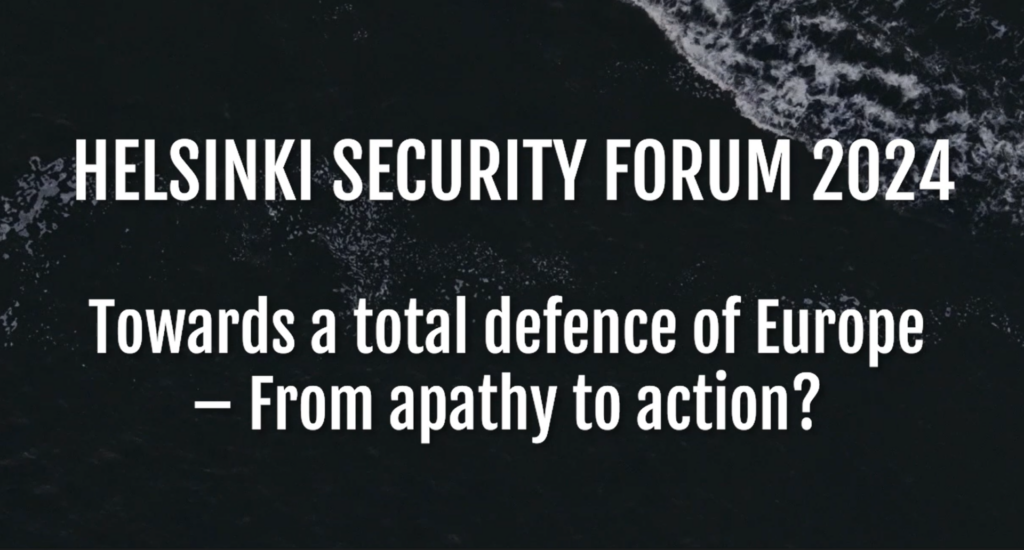
Helsinki Security Forum 2024 addresses the need for European total defence
The third annual Helsinki Security Forum (HSF) will be held on 27–29 September 2024. This year’s conference is titled Towards...
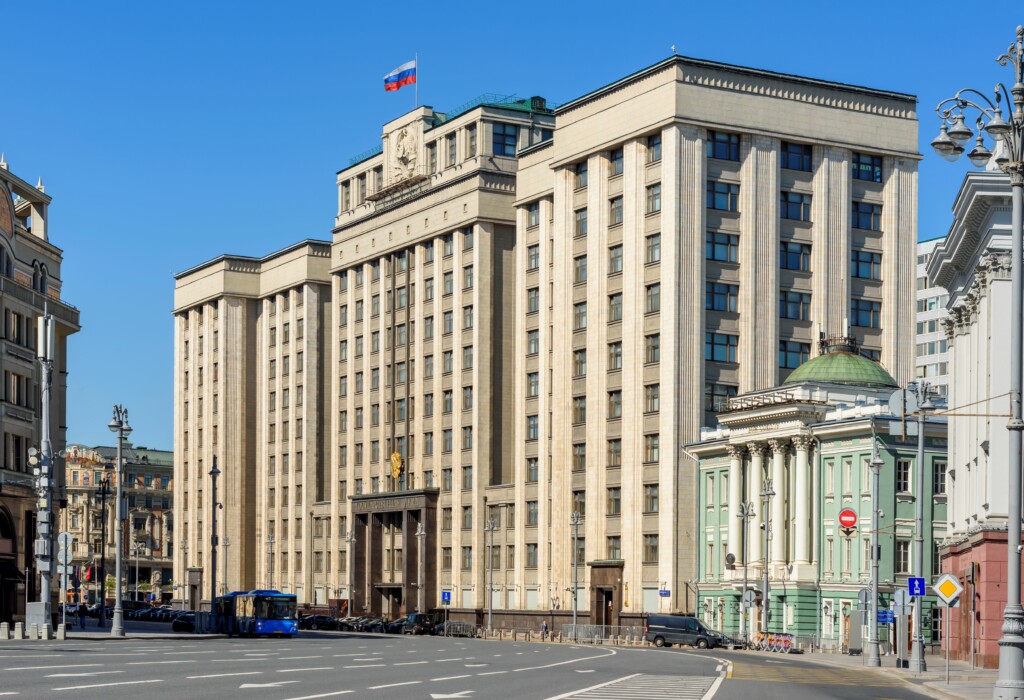
for HSF Blog
Rejecting Russian Spheres of Influence
The EU has rejected the language of spheres of influence in favour of an international order based on common rules...
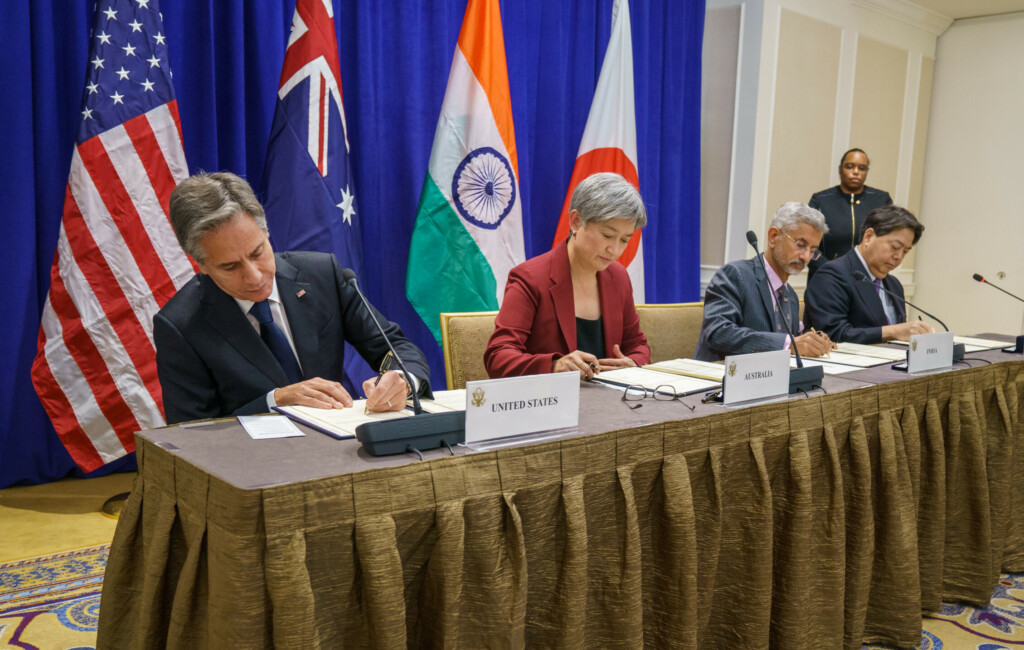
for HSF Blog
Reverberations in the Indo-Pacific of the War in Ukraine
Russia’s war of aggression against Ukraine has had significant ripple effects in Indo-Pacific security dynamics and ongoing great-power competition.